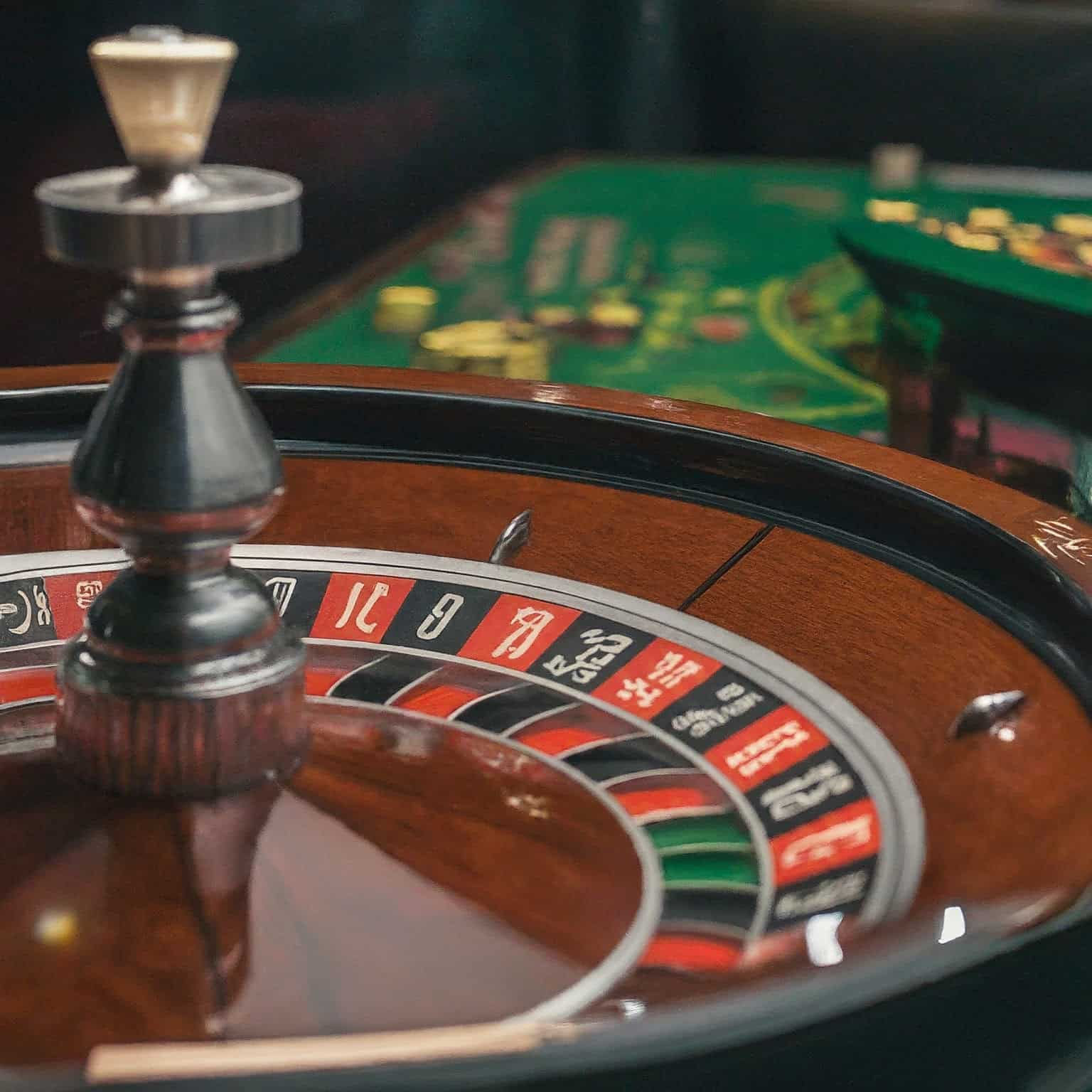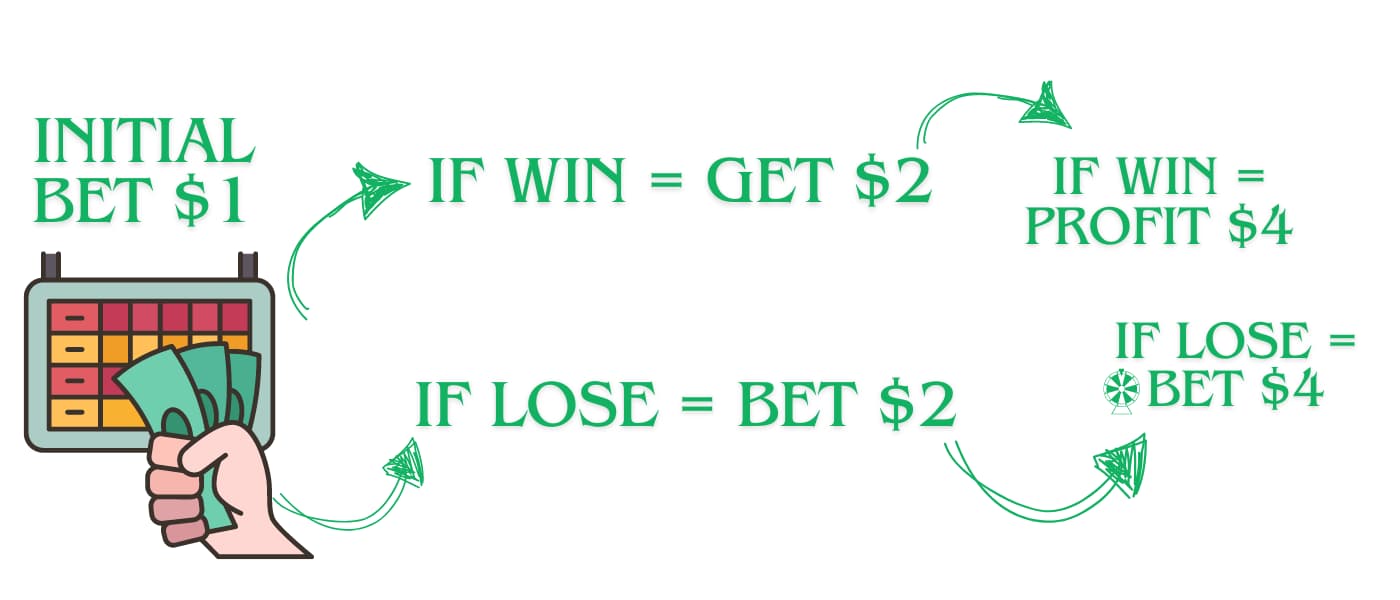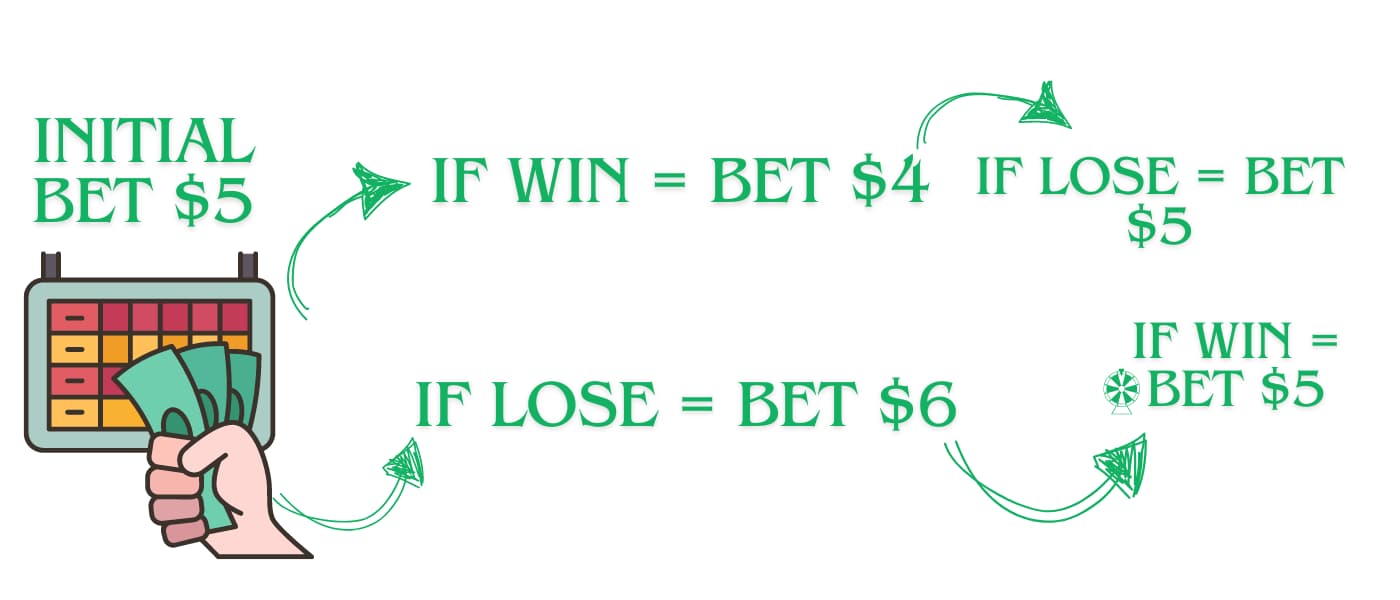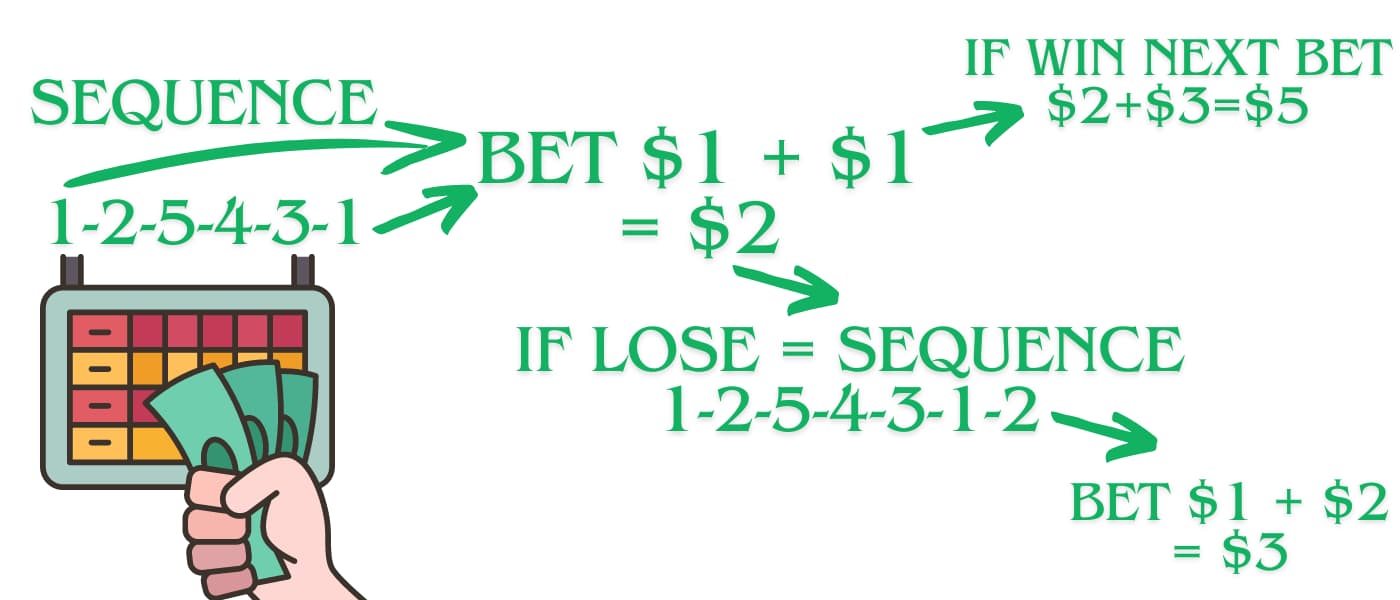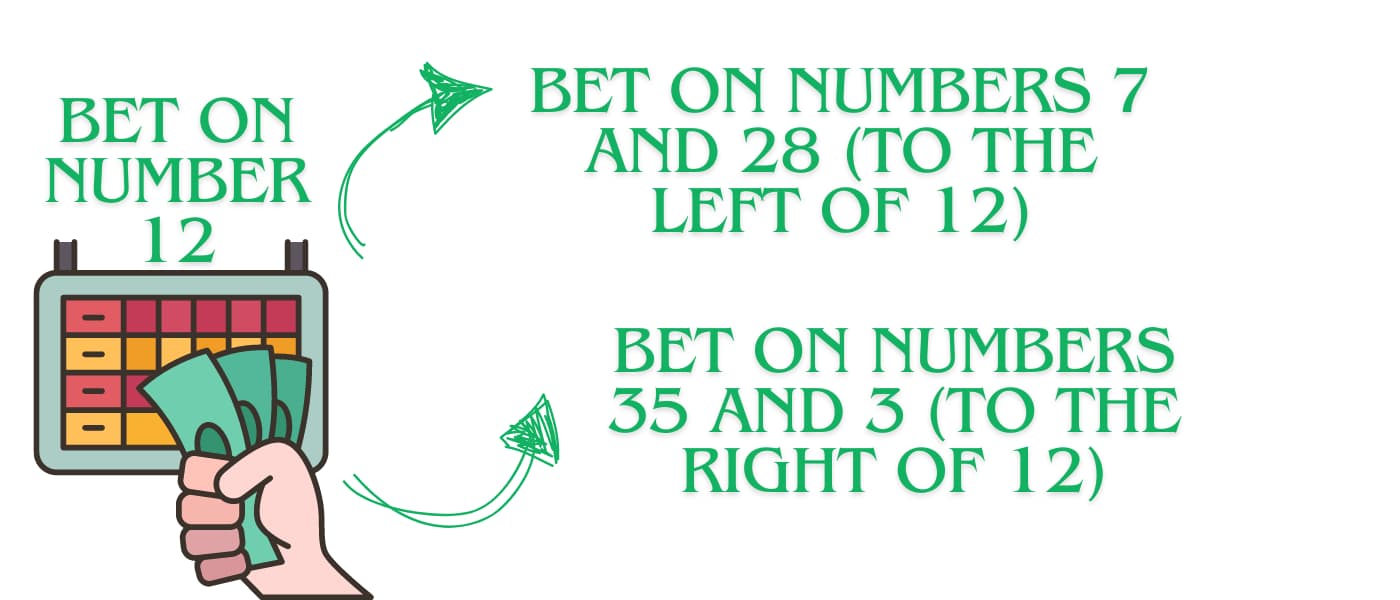Smart Roulette Strategies: Tips, Systems, and Risks
Roulette is easy to learn and fun to play, but no system can beat the house edge forever. Still, the right approach can help you manage risk, make better decisions, and get more from each session.
If you’re new to the game, our complete roulette guide covers the rules, wheel types, and betting options in detail before you dive into strategies.”
Is There a 100% Effective Strategy?
Different Types of Roulette Strategies
Decide first if you prefer quick, high-risk swings or slower, steadier play. Here are popular options and what they mean in practice.
Progressive Bets: Martingale
Double your stake after each loss on even-money bets (red/black, odd/even, 1–18/19–36). A win recovers previous losses plus one unit.
Example: Bet $1 and lose → next bet $2. Win → you cover $3 total staked and finish $1 ahead.
Risk: Bets can grow fast during losing streaks, hitting table or bankroll limits.
Progressive Bets: Paroli (Reverse Martingale)
Increase your bet after wins instead of losses to press short hot streaks. Set a target (e.g., 3 wins), then drop back to the base bet.
Progressive Bets: D’Alembert
Add 1 unit after a loss; subtract 1 after a win. It grows slower than Martingale and is easier on bankroll swings.
Example: Lose at $5 → go to $6; win → drop back to $5.
Progressive Bets: Fibonacci
Increase bets following the sequence 1-1-2-3-5-8… After a win, step back two numbers. Losses spread across rounds, but late bets can still get large.
Non-Progressive: Labouchere (Cancellation)
Write a number sequence (e.g., 1-2-5-4-3-1). Bet the sum of the first and last numbers.
- Win: Cross off the first and last numbers.
- Lose: Add the lost bet to the end of the sequence.
It offers structure but can lengthen sequences after multiple losses.
James Bond Strategy
High coverage with a fixed stake: $140 on 19–36, $50 on 13–18, $10 on 0. You’ll win many rounds but lose when 1–12 hits, which can be costly.
Betting on Neighbouring Numbers
Common in European roulette: bet a number plus its wheel neighbours (e.g., 12 with two neighbours covers five numbers total). Good for wheel-based coverage.
Flat Betting
Stake the same amount every spin. It won’t chase big wins, but it protects your bankroll and keeps variance manageable—great for beginners.
Why There’s No Perfect Strategy
Tips to Improve Your Roulette Game
Beyond betting systems, your approach to the game itself can make a big difference. These practical tips can help you choose the right tables, manage your money, and keep your play under control.
Pick the right wheel
Choose European (single zero) over American (double zero). French roulette is best when rules like La Partage or En Prison apply.
Test for free first
Use demo mode to practise systems and table flow before staking cash.
Set limits
Time and money caps keep sessions controlled. Stop after big swings—win or lose.
Define your goal
Fun session or profit target? Your aim should guide your system and stake sizes.
Mind the bankroll
Keep base bets small enough to survive runs, especially with progressions.
